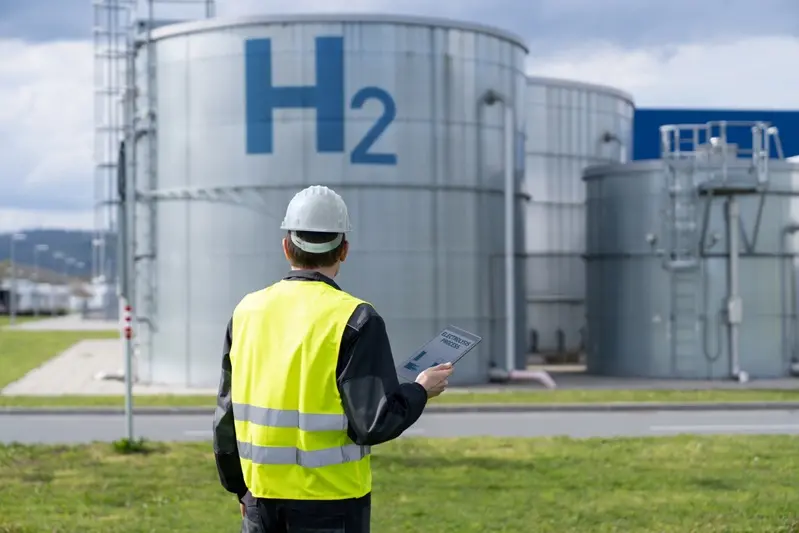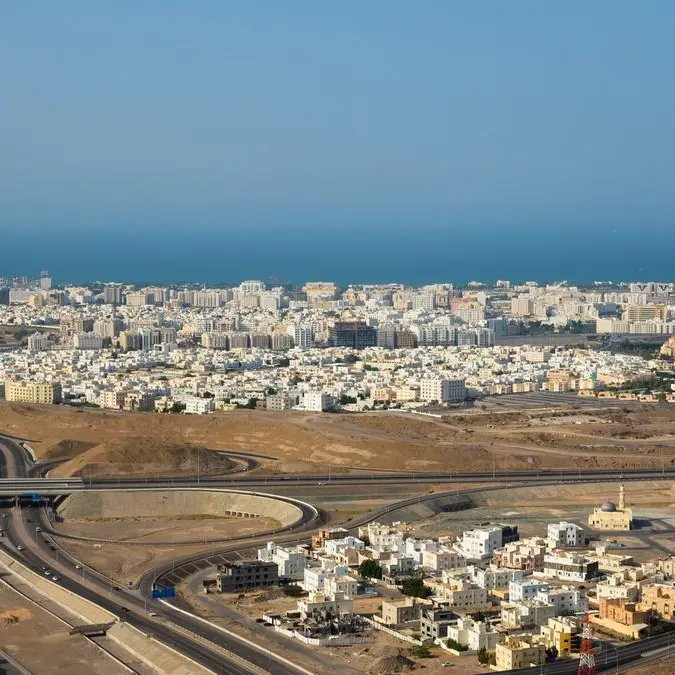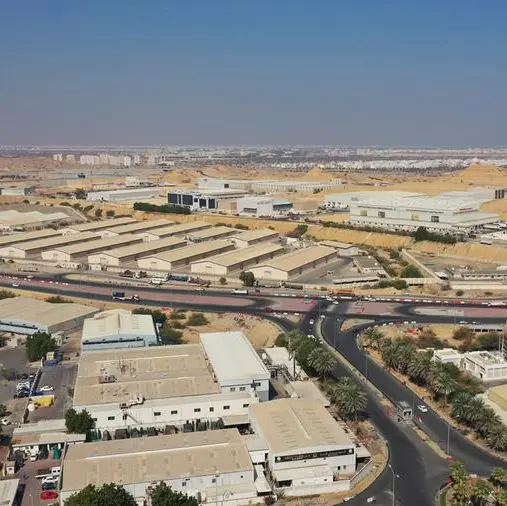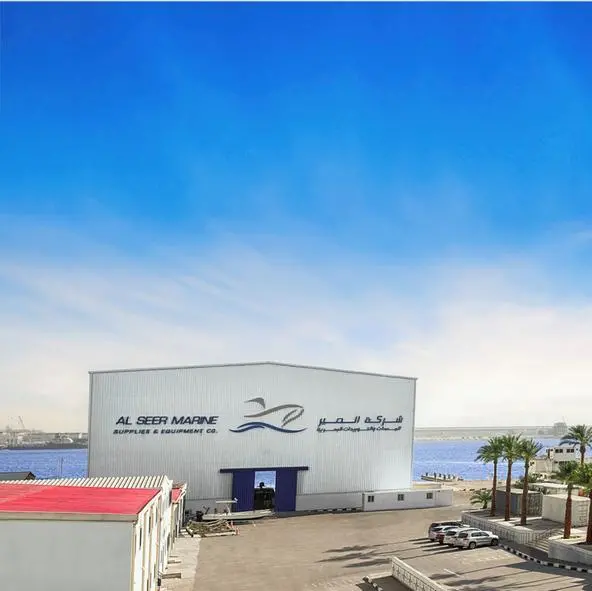PHOTO
The absence of regional and national markets for trading in carbon credits could potentially hinder the Gulf countries’ ambitions to become global leaders in sustainable fuels, whether green hydrogen, ammonia, or e-fuels.
The Zero Emissions Traders Alliance (ZETA), recently established in Dubai, aims to change this by creating a GCC-based clean energy market resembling the regional Emissions Trading System (ETS) in Europe.
Clean energy markets distribute risks more equitably between producers and buyers of sustainable commodities and help price the carbon they reduce, according to ZETA's CEO Jan Haizmann.
He told Zawya Projects that unlike Europe, where the ETS has effectively lowered carbon emissions, the GCC has limited experience in carbon trading.


With ZETA staff and affiliated companies boasting extensive experience in zero emissions trading in Europe, he said the organisation is well-equipped to offer valuable knowledge-sharing on carbon trading to the GCC community. This expertise can be a significant asset in the region's transition to sustainable energy.
The power of regional markets
Haizmann noted that current efforts for carbon markets in the GCC are fragmented, with each country pursuing its own approach, unlike the regional initiative seen in Europe.
"There is a limited degree of transparency about national policies," he said.
Except for Saudi Arabia, other GCC countries are too small to launch their own carbon trading markets due to insufficient liquidity.
Haizmann continued: "Preparing a regional GCC-ETS would substantially increase the potential impact of ETS compared to various insular ETS initiatives. This joint initiative would require common certificate standards, free transferability of carbon rights within the GCC region and an agreement on how to link national initiatives in a regional context."
He stressed that the European ETS, established in 2005 as the world's first international emissions trading system, could, due to its mature functionality, serve as a yardstick for the GCC.
A collaborative platform in pursuit of price discovery
The ZETA CEO said the organisation can serve as a collaboration platform for industry players to agree on market standards and engage in transparent preparatory work. It can also guide the creation of a robust ruleset by leveraging its experience with established markets.
"Price discovery relies heavily on a market built on integrity and open information," he said, adding that ZETA can facilitate industry-government dialogue for market design as industry input is crucial for a successful market launch.
Haizmann said a market for sustainable commodities could hedge price risks and bridge the gap between long-term contract prices and fluctuating market prices, paving the way for green fuel projects to reach the final investment milestone.
However, he acknowledged that creating standard contracts for trading could be challenging due to regulatory fragmentation, especially in terms of product definitions.
"A good starting point would be to agree on commodity definitions for these new sustainable fuels," he said, adding that tradeable certificates that verify their sustainability claims are also necessary.
Unlocking GCC’s sustainable production potential
Haizmann pointed out that GCC countries shouldn't focus solely on exporting sustainable commodities to Europe and other developed markets.
"The primary beneficiary is the environment, not European companies. By fostering regional markets for these goods, alongside exploring export options, GCC countries can unlock their sustainable production potential and boost their financial markets," he said.
Last month, oilprice.com reported that ZETA also intends to collaborate with stakeholders in Saudi Arabia and internationally to develop certificates that guarantee the origin of carbon-free fuels. The group will also develop pricing benchmarks similar to the LNG spot price benchmark to create reliable reference points for clean commodities, including hydrogen, ammonia, and e-fuels.
By addressing knowledge gaps, fostering regional cooperation, and developing transparent market mechanisms, ZETA is set to play a pivotal role in the sustainable energy transition in the Gulf and the broader Middle East.
(Reporting by Anoop Menon; Editing by SA Kader)
(anoop.menon@lseg.com)
Subscribe to our Projects' PULSE newsletter that brings you trustworthy news, updates and insights on project activities, developments, and partnerships across sectors in the Middle East and Africa.





















